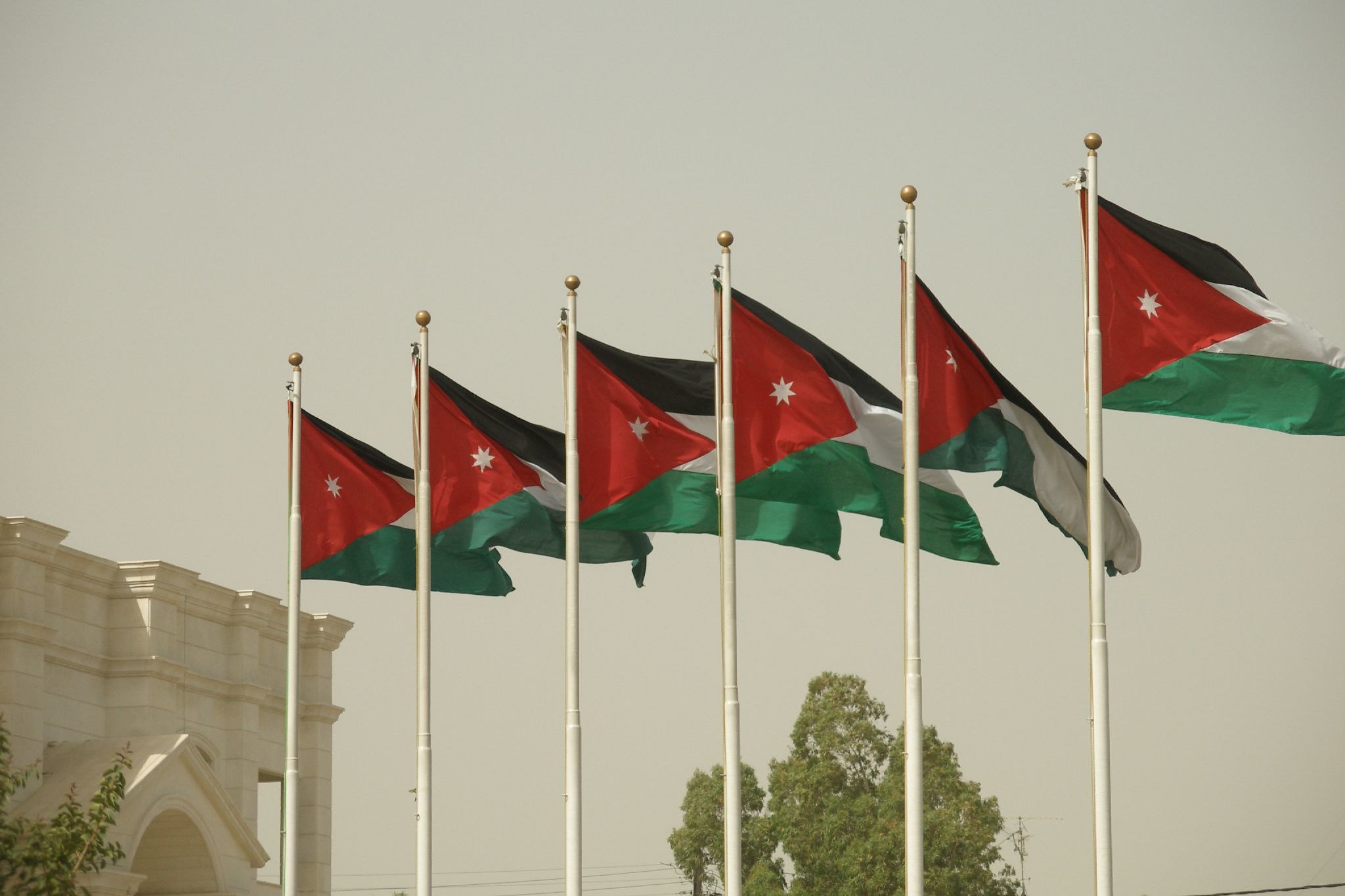The trade balance between the two nations over the past ten years has exceeded QAR 11.5 billion, according to the Qatar Planning and Statistics Authority.
Jordan has received investments from Qatar worth an estimated $2 billion, according to Jordanian investment minister Kholoud Al-Saqqaf.
Saqqaf noted that the majority of Qatar’s investments are in the industries of energy, real estate, stock exchange, banking, and tourism services, in comments made during a meeting with Qatari ambassador to Jordan, Sheikh Saud bin Nasser Al Thani, according to reports.
Sheikh Saud expressed Qatar’s desire to encourage bilateral investment in several sectors. He also said his nation is committed to maximising investment growth, which has a positive impact on the economies of both nations.
The development comes amid a backdrop of a 28% increase in trade volume between the two countries in 2022 in comparison to the year before.
Around 800 million riyals were exchanged in trade between Jordan and Qatar in 2022, up from 624 million in 2021.
These figures show that the bilateral trade between the two nations differs by about 176 million riyals, or 28.2 million riyals, in 2022 compared to 2021.
The significant increase in trade between Jordan and Qatar over the past year was attributed by traders and importers in Qatar to a faster pace of imports into Qatar from Jordan, particularly during the World Cup period.
The tournament saw increased demand for goods and products, particularly food items, said Qatari traders and importers in a statement to the Jordan News Agency, Petra.
Hamad Al-Suwaidi, one of Qatar’s major importers, said the 2022 World Cup alone significantly increased consumption rates.
Qatar depends on Jordanian imports of commodities and foodstuffs particularly vegetables and fruits, as well as numerous other consumer goods, said Qatari business man Fawaz Al-Fardan to Petra.
Fresh and processed food and products, as well as fruits, vegetables, meat, all varieties of dates, cheese, fresh milk, rice, juices, nuts, oils, coffee, and more are all exported from Jordan to Qatar.
Meanwhile, Qatari products exported to Jordan’s market include plastic bags, motor oils, slovenic acid, lutriene, aluminium moulds, paraffin, polyethylene, iron rods, chemical fertilisers of various kinds and uses, and pharmaceuticals.
Separately, more than 100 Jordanian businesses engaged in a variety of economic sectors received licences from the Qatar Financial Center (QFC) earlier this month.
The majority of Jordanian businesses with QFC licences are involved in the digital and financial technology industries like banking, finance, fund management, savings and investment, information technology, hospitality, public services, trade, and imports and exports.







